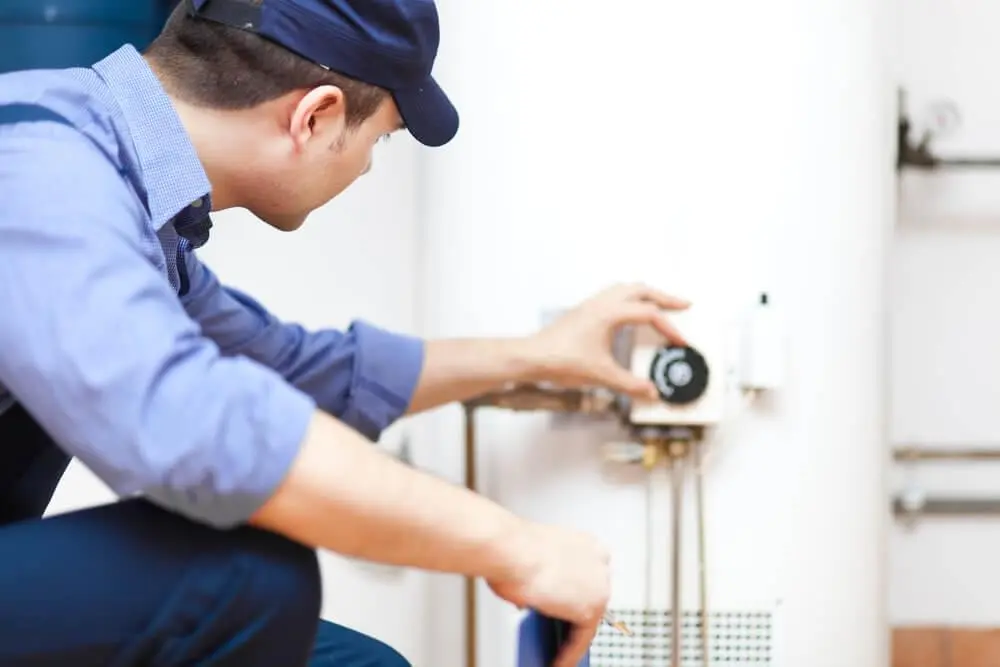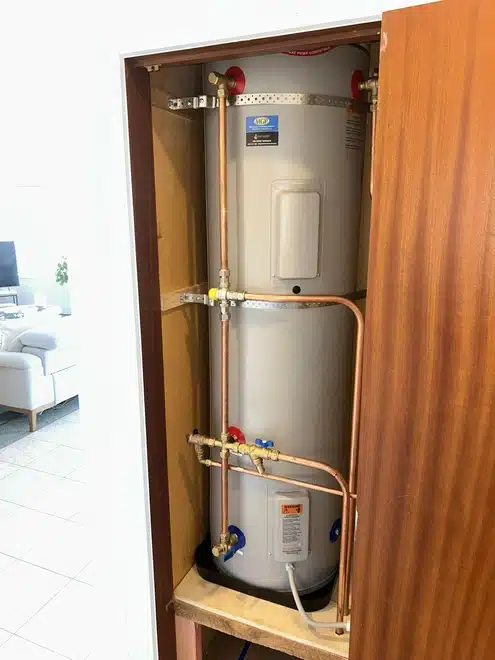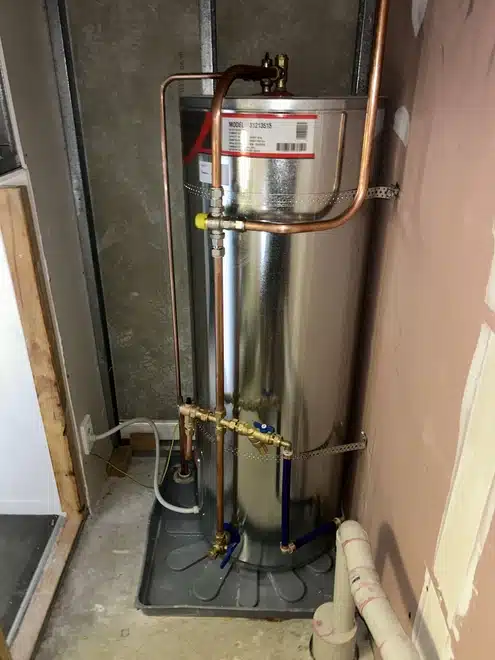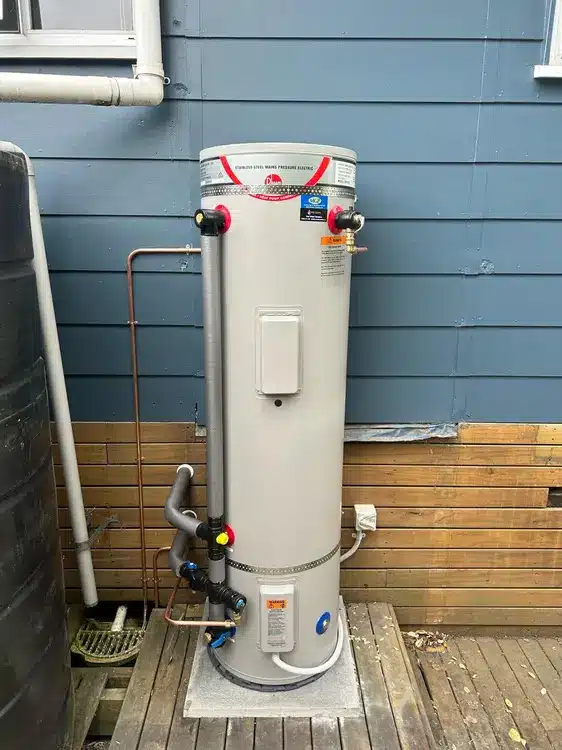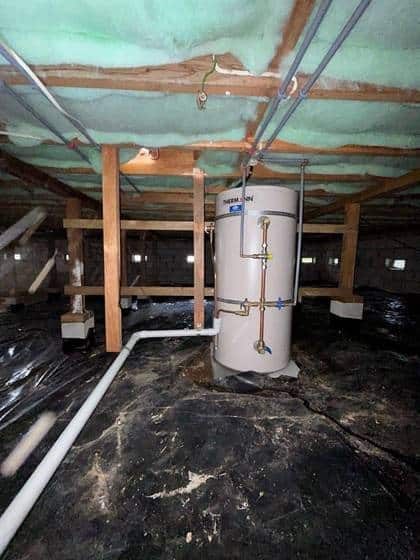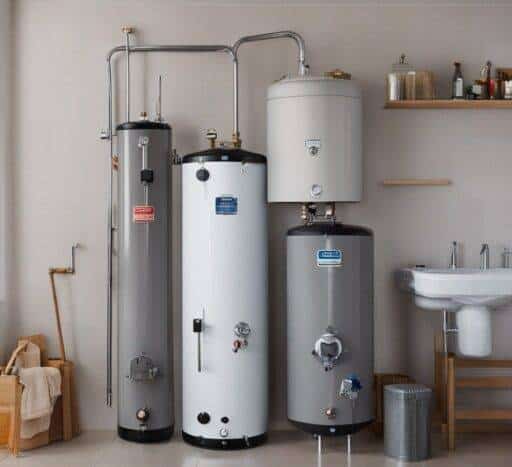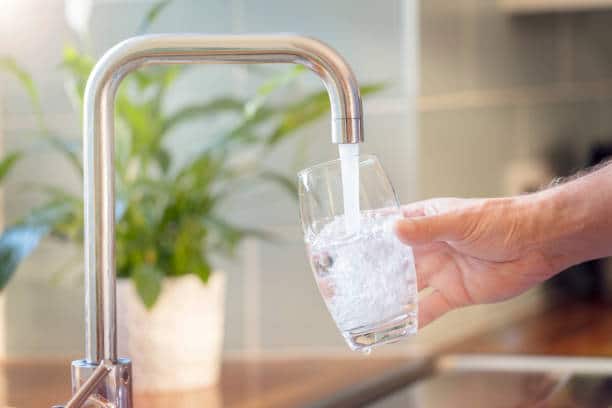Annual Descaling
Waterborne mineral deposits accumulating inside the cylinder barrel over years can restrict efficiency by providing insulation against heating the water. Visible buildup around electrical heating elements also accelerates deterioration through oxidisation.
Annually descaling cylinders by flushing a descaler solution removes these deposits, restoring heating performance. Seek plumber advice using non-corrosive citric acid-based descaler products formulated for potable water systems.
Sacrificial Anode Inspection
Sacrificial anodes are essential corrosion protection devices installed in cylinders which oxidise preferentially over the metal tank body. As the expendable anode erodes, the cylinder wall remains intact. Most anodes should last 3-5 years but checking annually gives early warning if accelerated replacement is required. DIY removal is possible but have a plumber confirm sufficient remaining thickness and replace when eroded over halfway.
Pressure Relief Valve Checks
Every hot water system requires a temperature/pressure relief valve for safety release of excess tank pressure from thermal expansion or faults. Manually activate the TPR valves every 6-12 months to flush valve seats and confirm correct drainage functionality in case spontaneous valve opening occurs. Replace corroded, blocked or constantly dripping valves. Ensure discharge pipes remain unblocked to fully drain relief flows.
Thermostat Calibration
Cylinder thermostats control electrical heating elements or gas burners to heat water up to their set temperature. But mechanical drift over years may result in different actual and displayed temperatures. For optimal heating efficiency and safety, regularly check storage temperatures with a thermometer probe and have thermostats recalibrated if readings exceed ±3°C discrepancy. 60°C storage should suffice for comfortable usage while controlling Legionella proliferation.
Insulation Checks
Fully lagged cylinders prevent stored thermal energy dissipating from the unit surfaces. But damaged, degraded or displaced insulation increases standing heat losses and energy bills. Visually check cylinder cladding remains intact without gaps or moisture ingress which impair insulation performance. Top up loose insulation segments which have settled and replace damaged sections of insulation. Refitting tightly compressed cladding restores optimum heat retention.
Electrical Heating Elements
Sludge accumulation or calcium scaling around internal electric heating elements can cause element failure. Periodically isolate cylinder power and check elements show no cracks/leakages and terminals remain corrosion-free. Descaling cylinders and replacing sacrificial anodes minimises elemental erosion and maximises working lifespan. Consult electricians for DIY element replacement or have entire cylinders reconditioned by specialists if elements frequently fail.
Condensate Drain Checks
External heat pump cylinders and internal dehumidifying electric models produce condensate from moisture-laden air which needs draining safely outside. Ensure the installed drainage pipes remain in good working order through visual checks. Blockages triggering cylinder leaks also risk electrical damage. Pouring water into condensate trays confirms free draining while eliminating debris minimises future clogging risks.
Cylinder Flush & Sanitisation
Over years, accumulation of silt and organic sediments at cylinder bases nurtures harmful bacteria despite chemical disinfectants. Every 5 years, arrangements should be made for draining, opening, fully decontaminating and flushing systems before closing cylinders again. This removes stubborn sediments and restores clean, sterile storage ideal for suppressing Legionella propagation long term.
Final Words
By proactively servicing hot water storage systems using these maintenance best practices, efficiency and trouble-free reliability of your hot water supply is maintained. Seeking professional plumber assistance for major descaling, anode replacements or sanitisation also gives helpful service records for selling properties in future. Don’t wait for problems to prompt reactive cylinder repairs – invest a little yearly effort into regularly caring for your hot water reservoir.
Use our contact us page to reach us and we will be more than happy to discuss your hot water situation. Or give us a call on 0800 497658.
At Hot Water Solutions all we do is hot water!

